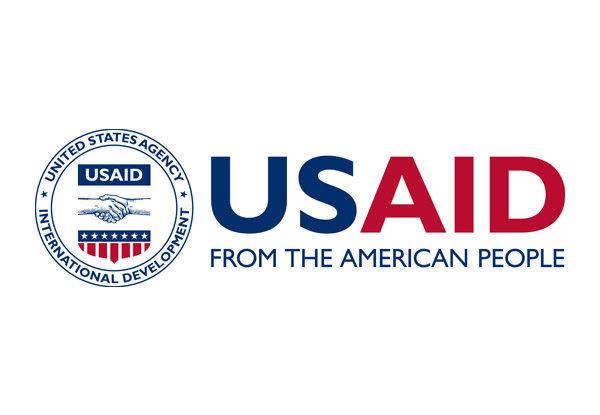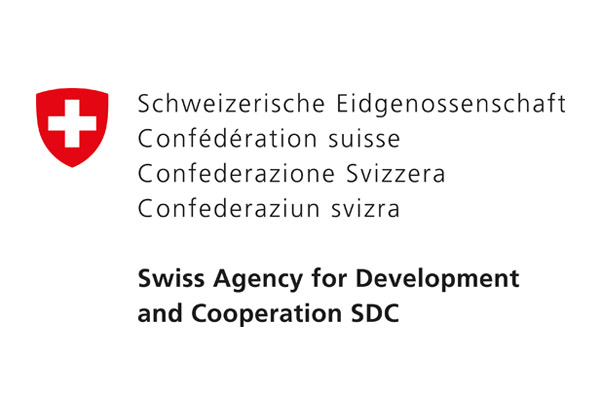Impact
Psychosocial resilience vital for Syrian refugees in prolonged crisis
Ten years after the start of the civil war in Syria in 2011, 5.5 million people are still registered as refugees.
Alia* is one of millions of people who have been displaced by conflict in Syria. She now lives in Azraq camp in Jordan with her husband and children – and 36,000 other Syrians who fled the conflict. But she is determined to not be seen simply as a refugee and nothing else.
‘When we left Syria, we were hopeless,’ she says. ‘We thought: this is it: we escaped death and that’s all. Then what? A future? Like the dreams we had in Syria. Like “I want my son to become a doctor or engineer. To build a family and be respectable?” When people left Syria, they forgot all of that. “I just want to survive,” they said.’
Previously a teacher back home in Syria, Alia is now employed as a field supervisor with Plan International. Operating in the camp, the NGO supports children and young men and women aged 6 to 24 with childhood care, education, life skills, psychosocial support, and sexual and reproductive health.
‘At the beginning, if you gave a child a sheet of paper and told them to draw something, guess what they would paint?’ Alia asks. ‘Either a tank or an aircraft. They would always paint violence.’
She describes how on one occasion she caught a child playing with a piece of rope he had turned into a noose. He had made up a game pretending to hang his friend.
Disaster resilience is often defined as the ability of a community exposed to hazards to resist, absorb, accommodate to and recover from the effects of a hazard. In the context of conflict and displacement, resilience of a community and individuals takes on a psychosocial dimension. Mental health and wellbeing are fundamental for people to cope, to recover, and to realise their potential and contribute to their community.
After several months of engagement, Alia says that many of the children have begun to change. ‘They began to work with us in the classroom,’ she says. ‘To produce beautiful things, things they had inside them. They were turning the page of their past.’
In response to Covid-19, Jordanian authorities limited access to the camp in order to reduce the spread of infection. With very limited access for programme staff, many international organisations have relied even more heavily on local communities and individuals to continue their activities. Alia has led sanitation campaigns and provided hygiene kits to households, ensuring the most marginalised people are reached.
Of course, it’s not just the children who are turning a page on their past. ‘I am able to do something here,’ Alia admits. ‘To help them regain a bit of what they lost. To be a support in the crisis they go through too – and I go through it too. As one of the refugees, my situation is the same as theirs.’
Coming from a traditionally patriarchal community, she is now a breadwinner for her family and is an advocate for the rights of women and girls within the camp. Alia makes financial decisions and gets involved in a range of activities outside of her family.
Whilst the future of Syrian refugees living in Egypt, Iraq, Jordan, Lebanon and Turkey may be uncertain, Alia has not given up. ‘Life hasn’t stopped when I came to this camp, she says. ‘I will continue to try and try to fix the trees that have been broken.’
This story was gathered in partnership with UNDRR as part of our Faces of Resilience project.
*Not her real name – her name has been changed to protect her identity.
Become a member
Applying for membership is easy. Eligible organisations just need to complete our online application form and upload a couple of documents that confirm the organisation they work for.
If your organisation is already a GNDR member you can simply register yourself as an individual. We will then link you to your organisation and you can access all benefits.
Join GNDR


